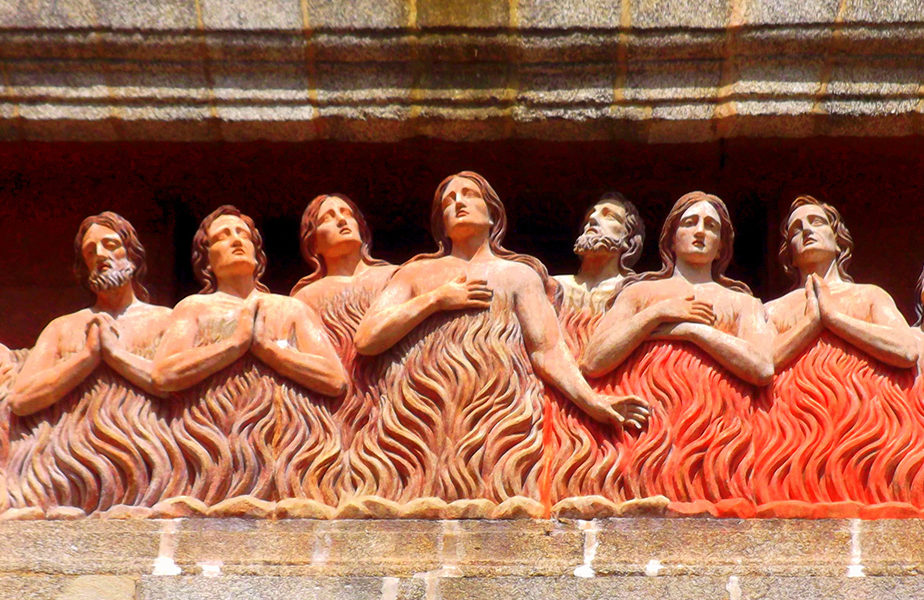I’ve started listing to Pints with Aquinas very recently. So recently that I only just listened to episode four today. But you’ve had a few too many pints with Aquinas if you think the host’s argument for purgatory is a good one.
The podcast is well made and easy to listen to, and Matt Fradd presents it well. His dedication not only to his audience but to Christ is evident, and his passion is contagious. But I don’t know how long I’ll be listening. Time will tell. In today’s episode (ie the one I listened to today), I rolled my eyes as Matt repeated as fact the chestnut that all of the books used in the Catholic Bible were accepted by Christians until the Reformation, when Protestants started throwing out books that contradicted their theology. Nobody faithfully representing history in an informed manner would say this, as I’ve shown in the past. Is the podcast going to turn out to just be another bad Catholic apologetics ministry? I hope not. As I said, time will tell. The podcast might turn out to be my all-time favourite!


